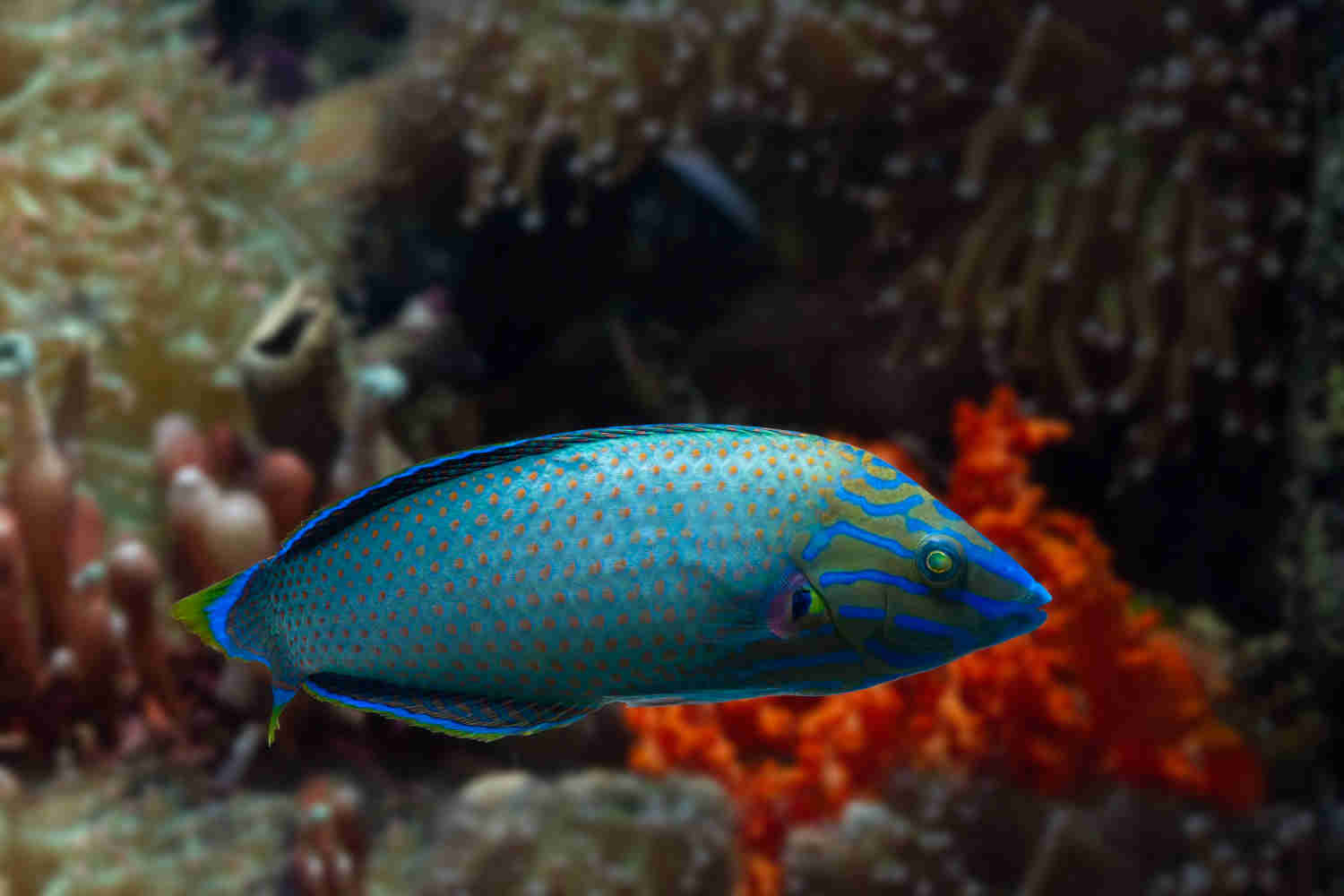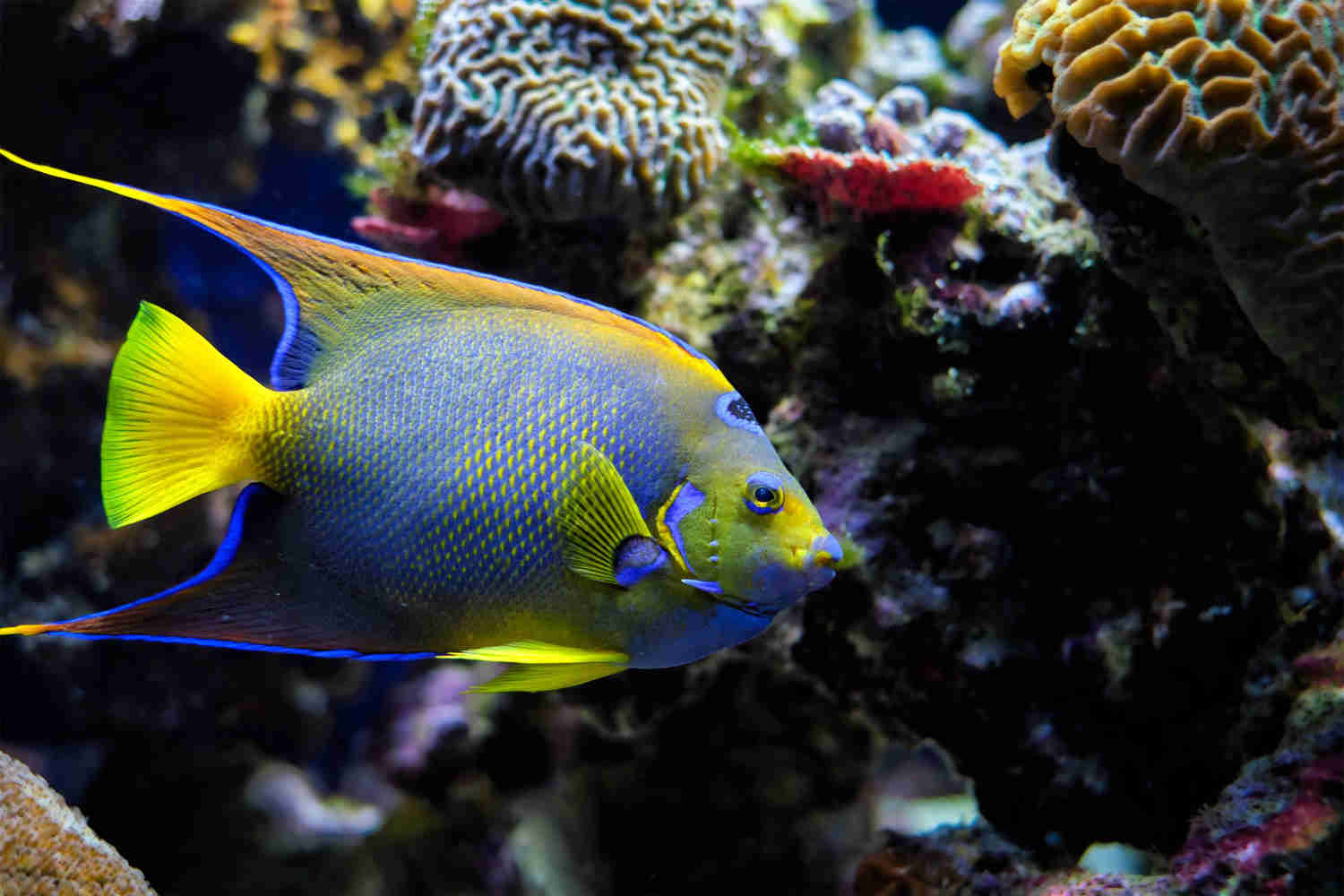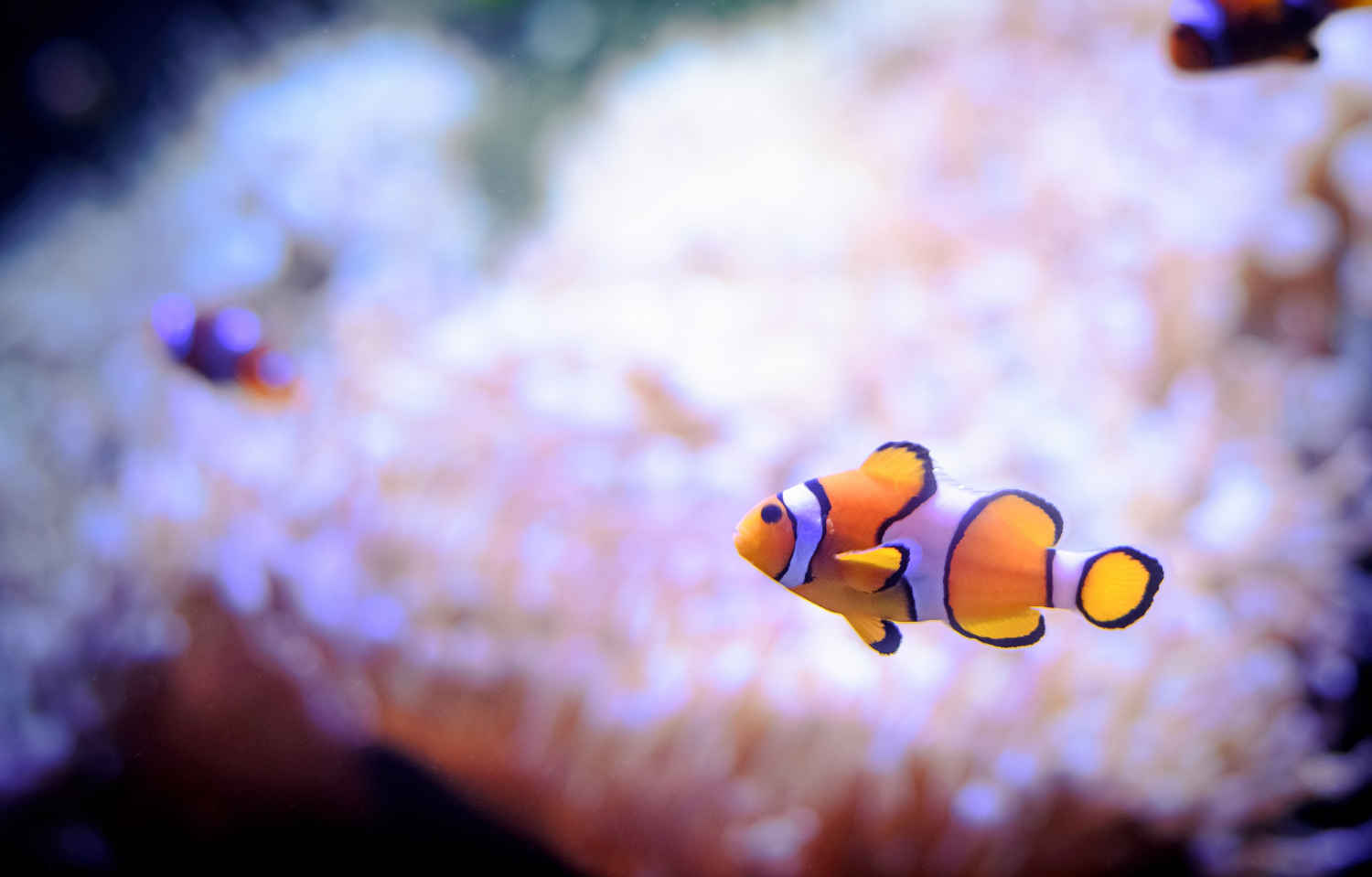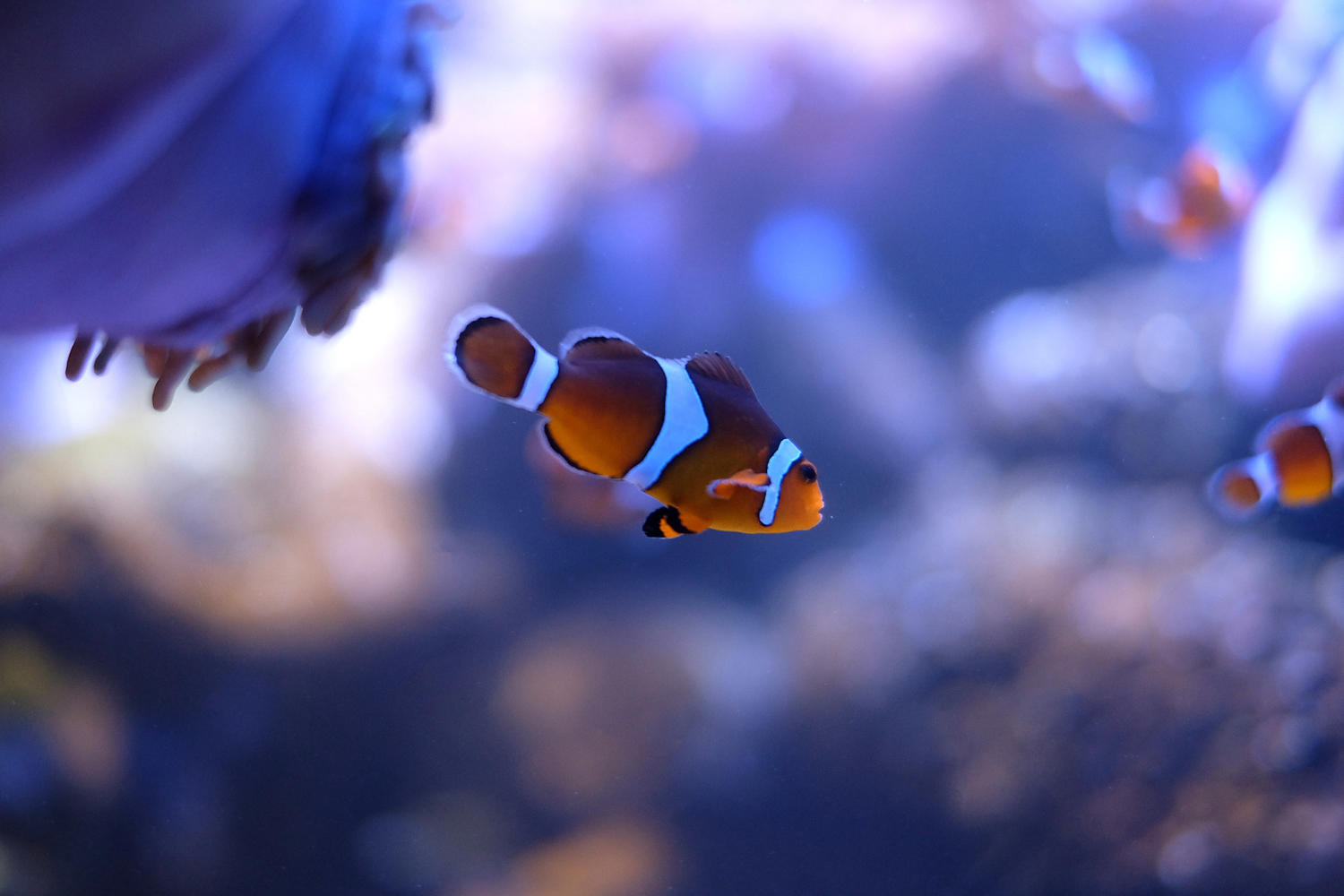Have you ever wondered if your fish is happy or not? As a fish owner, you want to make sure your aquatic pet is content and healthy. But, how can you tell if your fish is truly happy? Fish may not have facial expressions or body language like other pets, but they do exhibit certain behaviors that can indicate their mood. In this blog post, we’ll discuss the top 10 signs that your fish is happy and provide you with a guide to ensure your pet’s well-being. By learning how to read your fish’s behavior, you can create a more fulfilling life for your aquatic friend.
Keeping a fish as a pet can be a rewarding and peaceful experience. Watching them swim around in their little aquarium can be therapeutic, but as a responsible pet owner, it‘s essential to ensure that they are healthy and happy. But how can you tell if your fish is happy? In this post, we will discuss ten signs that your fish is happy and provide you with a guide to ensure your aquatic pet’s well-being.
- Swimming Freely
One of the most obvious signs that your fish is happy is when it swims freely. A healthy fish should have no problem swimming around the tank, exploring its environment, and interacting with other fish. If your fish is lethargic, it may be a sign of illness or stress. -
Eating Regularly
A happy fish will eat regularly and eagerly. If your fish is not eating or only picking at its food, it could be a sign of stress, illness, or even bad water quality. Make sure to monitor your fish’s eating habits and adjust their diet accordingly. -
Vibrant Colors
Healthy fish will have vibrant colors. If your fish is looking dull or discolored, it could be a sign of stress or illness. Ensure that you are providing your fish with a healthy and balanced diet, clean water, and an environment that mimics their natural habitat. -
Active Behavior
A happy fish will be active and engaging. If your fish is hiding in the corner or not moving around as much as it used to, it could be a sign of stress or illness. Make sure to provide your fish with plenty of space to swim, toys to play with, and a healthy environment. -
Breathing Normally
A healthy fish will breathe normally and not gasp for air at the surface of the water. If you notice your fish gasping for air, it could be a sign of poor water quality or a lack of oxygen. Ensure that you are providing your fish with clean and oxygenated water.
 - Copy.jpg)
- Interacting with Other Fish
Fish are social creatures and enjoy interacting with each other. If your fish is swimming alongside its tank mates or playing with them, it’s a good sign that they are happy. However, if your fish is aggressive or bullying other fish, it could be a sign of stress or illness. -
Responding to You
Fish can recognize their owners and respond to them. If your fish is swimming up to you or following your finger along the glass, it’s a good sign that they are happy and healthy. However, if your fish is hiding when you approach the tank, it could be a sign of stress or illness. -
Cleanliness
A happy fish will keep itself clean and healthy. If you notice your fish is covered in slime or has a fuzzy growth on its body, it could be a sign of illness or poor water quality. Ensure that you are providing your fish with clean water and a healthy environment. -
No Signs of Disease
A happy fish will show no signs of disease. If you notice your fish has cloudy eyes, a bloated stomach, or is swimming sideways, it could be a sign of illness. Make sure to monitor your fish for any signs of disease and treat it promptly. -
Longevity
A happy fish will live a long and healthy life. If your fish is thriving and living for years, it’s a good sign that they are happy and healthy. Ensure that you are providing your fish with a healthy environment, clean water, and a balanced diet.
Overall, keeping a fish as a pet can be a rewarding experience, but it’s essential to ensure that they are healthy and happy. By monitoring your fish’s behavior, eating habits, and environment, you can ensure that they are thriving and living a happy life. Remember to provide your fish with plenty of space to swim, toys to play with, and a healthy environment that mimics their natural habitat. With these tips, you can ensure that your aquatic pet is living its best life.
In conclusion, having a happy fish is not only beneficial for your pet’s well-being, but also for your own enjoyment of watching them thrive in their aquatic environment. By observing their behavior and environment, you can easily tell if your fish is happy and take necessary steps to ensure their happiness and health. Remember, a little effort goes a long way in keeping your beloved aquatic pets happy and healthy for years to come. So, go ahead and implement these tips to keep your fish happy and make a real difference in their lives!
Please follow us on Social Media


%20-%20Copy.jpg)

%20-%20Copy.jpg)


.jpg)
